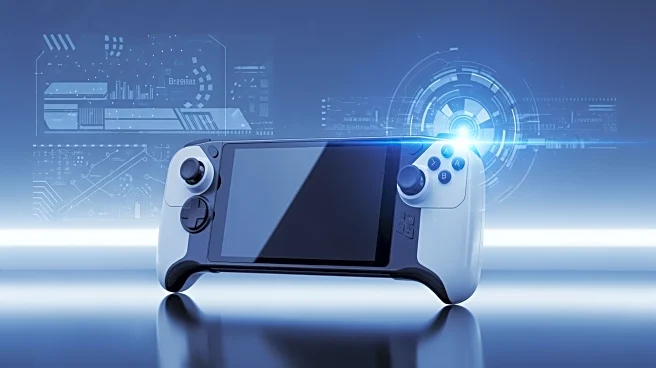What's Happening?
The U.S. Patent and Trademark Office (USPTO) has taken the unusual step of ordering a reexamination of a Nintendo patent related to the 'summon subcharacter and let it fight in 1 of 2 modes' feature. This
decision, initiated by USPTO Director Squires, targets the independent claims of the patent, which, if invalidated, could lead to the collapse of the entire patent. The reexamination was prompted without a petition from another company, highlighting the USPTO's proactive stance. The patent in question has been criticized for potentially monopolizing game mechanics rather than genuine technical innovations. The reexamination order cites prior art, including a 2002 Konami patent and one of Nintendo's own earlier applications, as grounds for questioning the patent's validity.
Why It's Important?
This development is significant for the gaming industry and the broader intellectual property landscape. It underscores the USPTO's commitment to ensuring that patents are robust and not used to stifle competition through questionable claims. For Nintendo, the reexamination poses a potential setback in its legal strategy and could impact its ability to enforce the patent against competitors. The decision also reflects ongoing debates about the role of patents in the gaming industry, where the line between technical innovation and game design can be blurred. A successful challenge to Nintendo's patent could encourage other companies to contest similar patents, potentially leading to a more competitive and innovative market.
What's Next?
The reexamination process will proceed, and its outcome could influence ongoing and future litigation involving Nintendo. If the patent is invalidated, it may affect Nintendo's legal actions against other companies, such as Pocketpair, and alter its approach to intellectual property management. The decision may also prompt other companies to reassess their patent portfolios and strategies. In the broader context, the USPTO's actions could lead to increased scrutiny of patents in the gaming industry, encouraging a focus on genuine technical advancements rather than broad claims over game mechanics.











